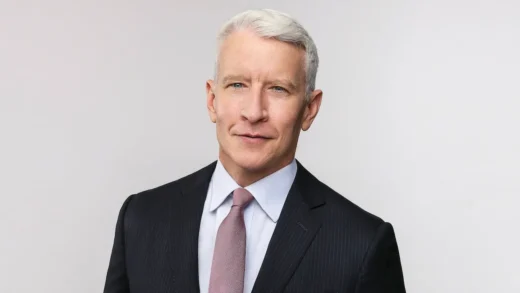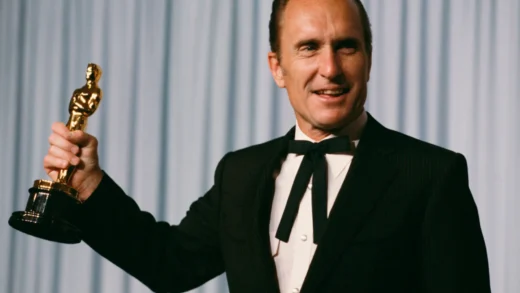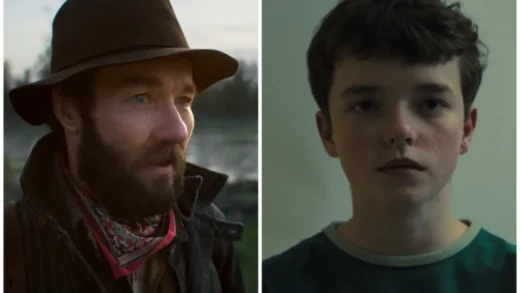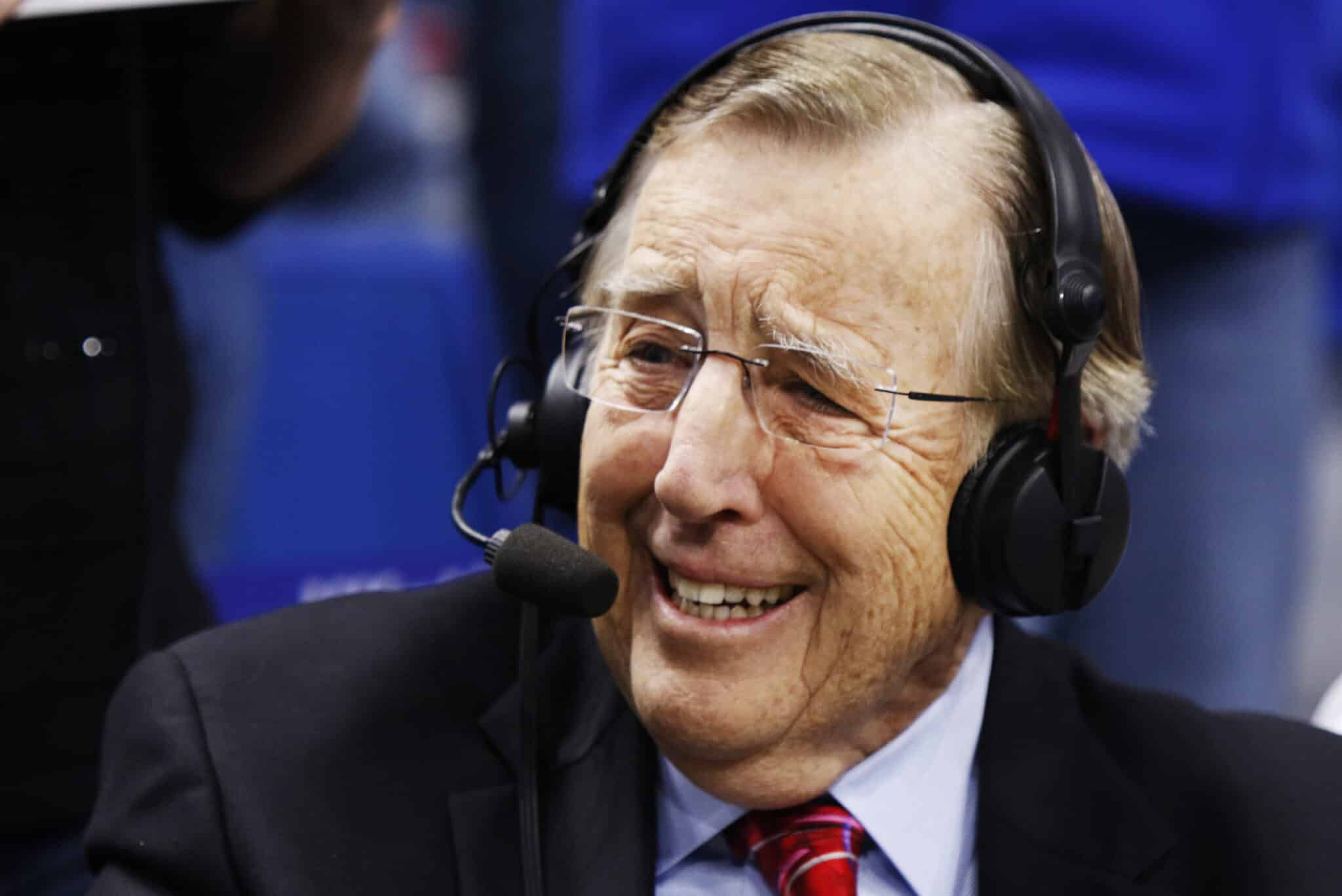Iconic sports broadcaster Brent Musburger revealed how he coined the term “March Madness” for the very popular college basketball tournament.
On Friday, Musburger was on The Rich Eisen Show with guest host Suzy Schuster. She brought up the famous phrase that the NCAA uses today as part of the Men’s and Women’s college basketball tournaments and his role in the phrase’s usage.
“I had no idea that March Madness came from you,” Schuster said. “That the idea of March Madness came out of your mouth in 1982. Can you tell us that story, please?”
The legendary broadcaster, who worked for CBS at the time, explained that the network got the rights to the tournament from NBC, and local affiliates would have games of teams that were in that region.
“I was the host. I was not the play-by-play man when CBS got, Gary Bender was the original play-by-play man for CBS, but I had a board, physically, where I actually put names of the teams up and everything,” Musburger said.
“And it was a late one Thursday evening after the opening games, and I said we had a couple of big upsets late that night out on the west coast, and I said, ‘folks, this is madness, this is March Madness,’” he said.
The former voice of ESPN’s college football coverage elaborated on how the slogan came out of his mouth.
“Now, where it came from, Musburger said. “I didn’t just pull it out of thin air. But when I was a newspaperman and a broadcaster back in Chicago, back when I started, there was a car dealer who was always close to the state’s high school basketball tournament in the state of Illinois. It was a big deal.”
“In fact, the state high school basketball tournament at that time in Indiana and Illinois was actually bigger than the college tournament, and he referred to it in an ad that ran in our paper, the Chicago American, as March Madness. And he would print the games, but then, of course, underneath, he would have his car sales for March. That was all part of March Madness. And that stuck with me when I went to the network.”
The NCAA approached him since the governing body wanted to copyright the phrase, but Illinois officials noted that they used the phrase first.
(Excerpt) Read more in: Mediaite





